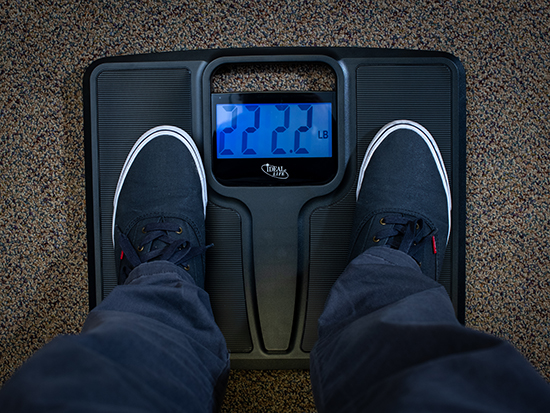It is one of the most controversial issues in the obesity field: a concept that goes by many names, including metabolic adaptation, adaptive thermogenesis and, most snappy of all, “hibernation mode.”
“Imagine a person who is 220 pounds and has energy needs of 2,500 calories per day,” said Cátia Martins, Ph.D., associate professor in the Department of Nutrition Sciences in the UAB School of Health Professions. “They decide to lose weight and manage to lose 22 pounds, so now they are 198 pounds. You would expect that the person needs less energy, maybe that their energy needs went to 2,200 calories. But when we measure this in a metabolic chamber for 24 hours, we find that the person needs only 2,000 calories. There is a gap between measured energy expenditure and the energy expenditure we were expecting.”
This exaggerated reduction in energy expenditure after weight loss is called metabolic adaptation (or, to be more specific, adaptive thermogenesis; but we’ll go with the first term). Of all the mysteries in nutrition science, of which there are many, this may be one of the most hotly debated. According to Martins, who specializes in studying metabolic adaptation, it also is one of the most misunderstood topics in the field.
